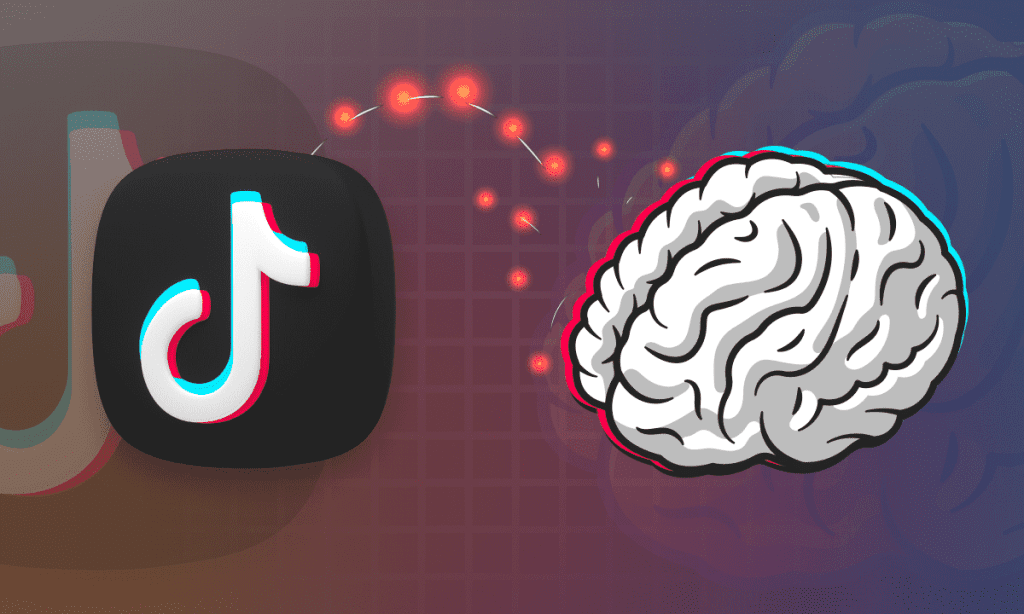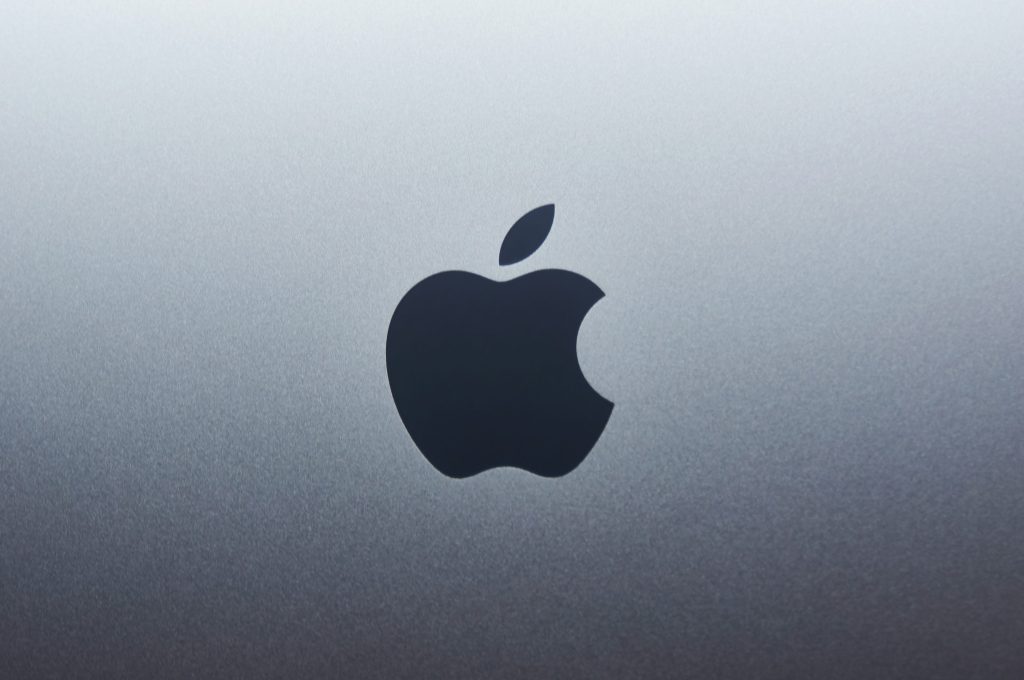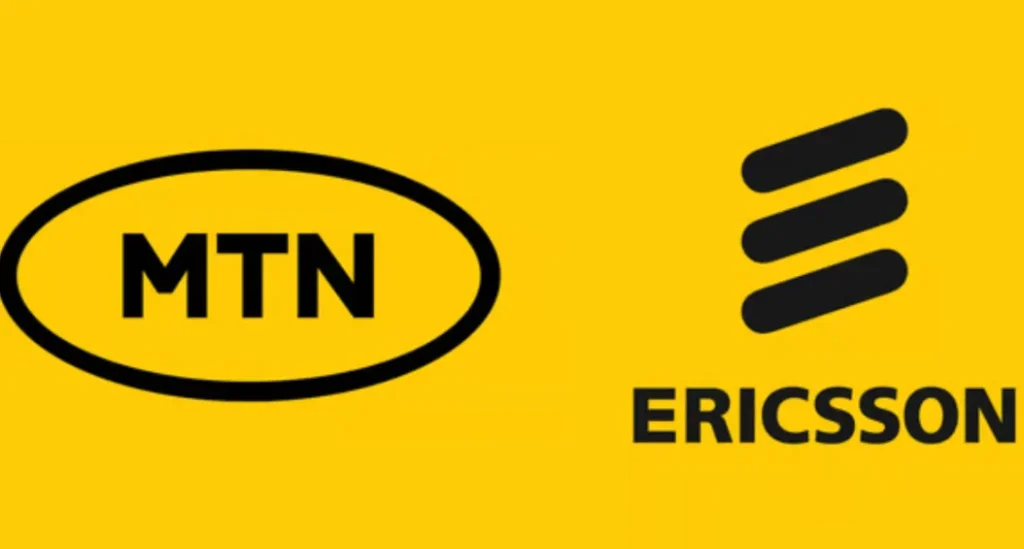The rise of short-video platforms like TikTok, Instagram Reels, and Snapchat has revolutionized digital entertainment. However, new research suggests that habitual consumption of short-form videos may lead to cognitive deficits, shortened attention spans, and even changes in brain structure.
Short-Video Addiction and Its Consequences
A study conducted by Tianjin Normal University and UCLA revealed that people addicted to short-form videos exhibit compulsive and uncontrolled platform use. Brain scans of individuals aged 17-30 showed disrupted cognitive function, leading to:
- Reduced attention spans
- Impaired memory and learning abilities
- Increased feelings of anxiety and depression
The Science Behind “TikTok Brain”
The term “TikTok Brain” describes the mental state resulting from prolonged exposure to bite-sized content. These platforms trigger dopamine release, reinforcing habitual scrolling. Unlike traditional media, short videos offer rapid, high-intensity stimulation with minimal effort from viewers, rewiring the brain to crave instant gratification.
Social and Behavioral Implications
Beyond individual cognitive effects, short-video addiction is becoming a social concern. Key issues include:
- Decreased productivity: Users struggle to focus on work or studies.
- Increased impulsivity: Quick content consumption reduces patience for slower-paced tasks.
- Escapism and isolation: Many users withdraw from offline activities, leading to social disconnection.
Can the Effects Be Reversed?
Experts believe that short-video addiction effects are reversible. Strategies to regain cognitive control include:
- Set time limits: Use app timers to reduce screen time.
- Engage in long-form content: Read books or watch documentaries to train focus.
- Practice mindfulness: Meditation and deep breathing improve concentration.
- Take regular breaks: The Pomodoro technique enhances productivity.
- Stay socially active: Face-to-face interactions rebuild social skills.
Conclusion: A Need for Digital Balance
The increasing popularity of short-video platforms highlights the demand for quick, engaging content. However, excessive usage comes at a cost, impacting cognitive health and attention span. Balancing digital consumption by engaging in deep-focus activities and limiting screen time is essential for maintaining mental well-being.
As social media continues to evolve, fostering a healthy relationship with digital consumption will be crucial for preserving cognitive function and societal productivity.












